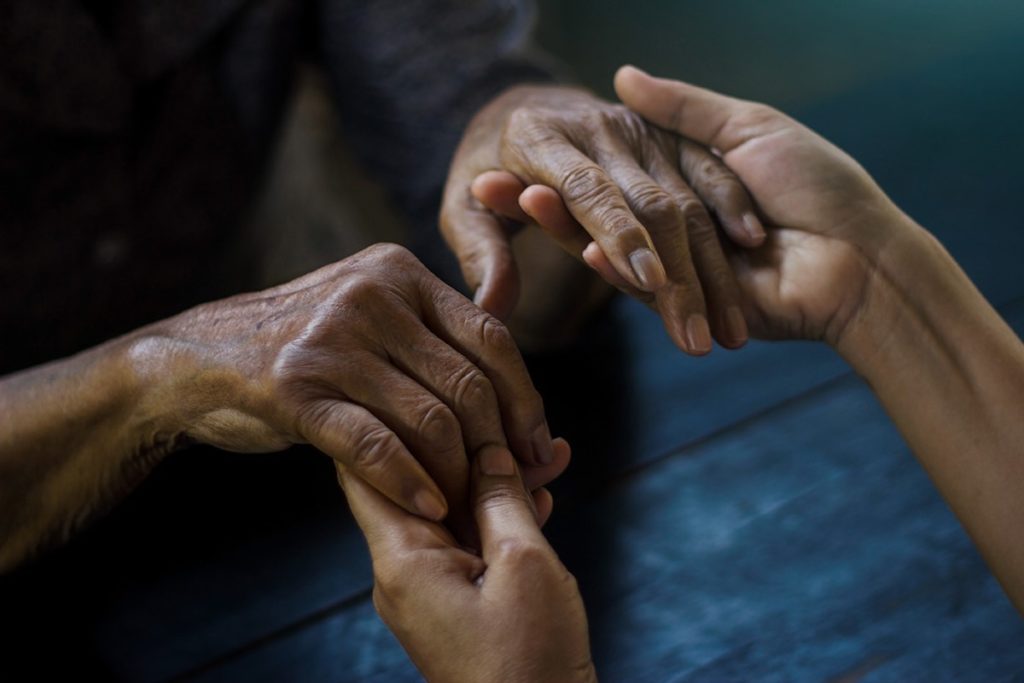When you assume the role of primary caregiver for a disabled, terminally ill, or elderly loved one, you enter into a new phase of your life. It can be pretty rewarding but also quite challenging.

Perhaps the biggest challenge you face is not forgetting about yourself in your zeal to provide the best possible care to your loved one. Unfortunately, it’s easy to ignore your own needs as you intently focus on all the things you need to do for and with them. However, sublimating your own needs is counterproductive. It can quickly lead to caregiver burnout and debilitating physical, emotional, and mental exhaustion. Here are some tips for giving yourself the care you need.
Set Goals for Yourself
It’s not selfish to think about yourself as well as about your loved one. In fact, it’s essential. After all, how can you adequately care for them if you don’t first care for yourself? But how do you go about doing that?
Many experts recommend setting goals for yourself and writing them down. Then make this your personal to-do list. Example goals may include such things as the following:
- Take a quick daily walk around the neighborhood while my loved one naps.
- Listen to my favorite music while doing my chores.
- Take frequent 15-minute breaks throughout the day to simply sit down and relax.
- Read at least one chapter of a relaxing book each night before going to sleep.
Reduce Your Stress
Living under the constant stress of caregiving can result in a multitude of symptoms,
including the following:
- Headaches
- Digestive problems
- Sleep disturbances
- Weight gain
- Weakened immune system
- Irritability
To reduce your stress, consider engaging in one or more of the following:
- Meditation
- Yoga
- Tai chi
- Breath awareness techniques
- Deep relaxation techniques
Find Helpful Services
Try to live by the old adage of “do that which only you can do.” Let others do the rest. For instance, find a local grocery store that offers online shopping and free or small charge delivery. Also, check into local house cleaning and window washing services. You may be surprised at how reasonably priced these time- and stress-reducing services can be.
In addition, many religious and service organizations offer such things as the following:
- Adult daycare
- Home health aides
- Respite care
- Caregiver support groups
Communicate with Others
Sometimes, what you need most is just to let off a little steam or hear a friendly voice. Don’t put your personal friendships on hold while you’re caregiving. Friends are an essential and necessary part of life. Talk or text with your friends frequently. Video chats can be even more rewarding since they give you the next best thing to in-person visits.
Also, remember that your loved one’s health care providers can be your strongest allies. So don’t hesitate to call the doctor or nurse whenever you have a question.
If you’d like additional tips on how to provide self-care to you, the caregiver, please contact Elder Care Alliance.




















